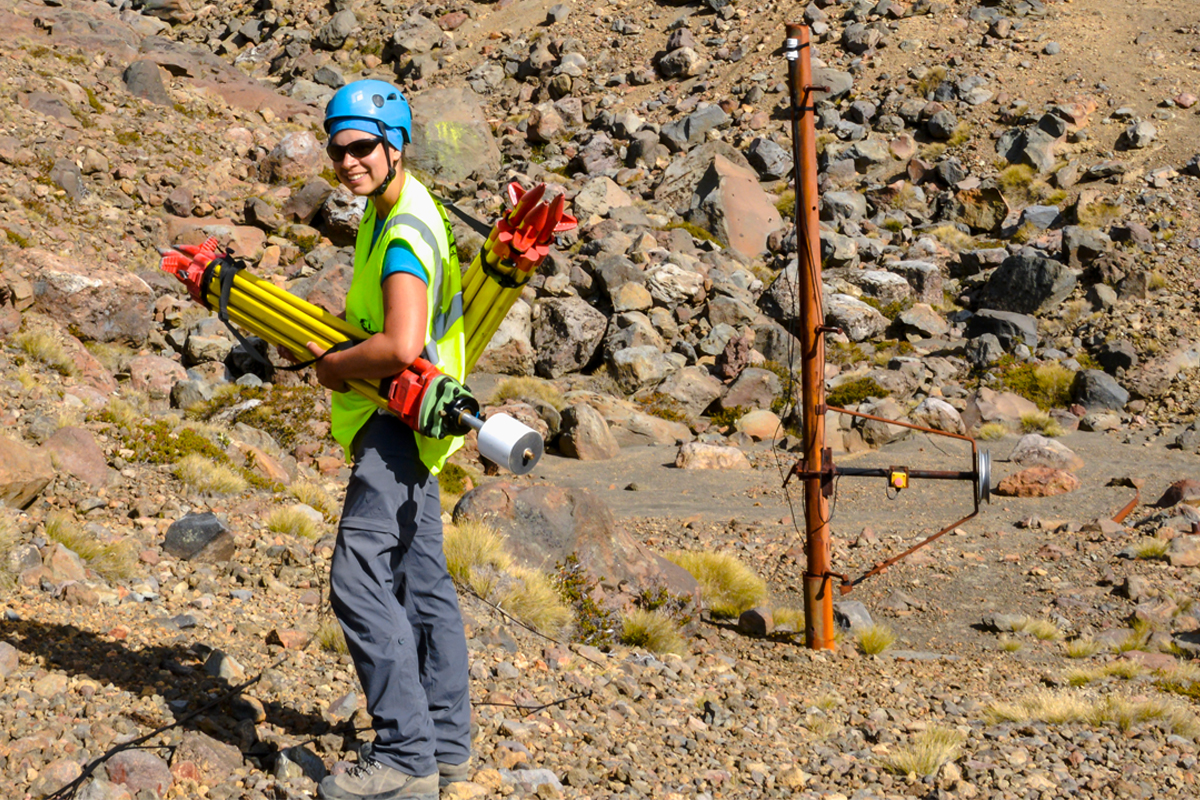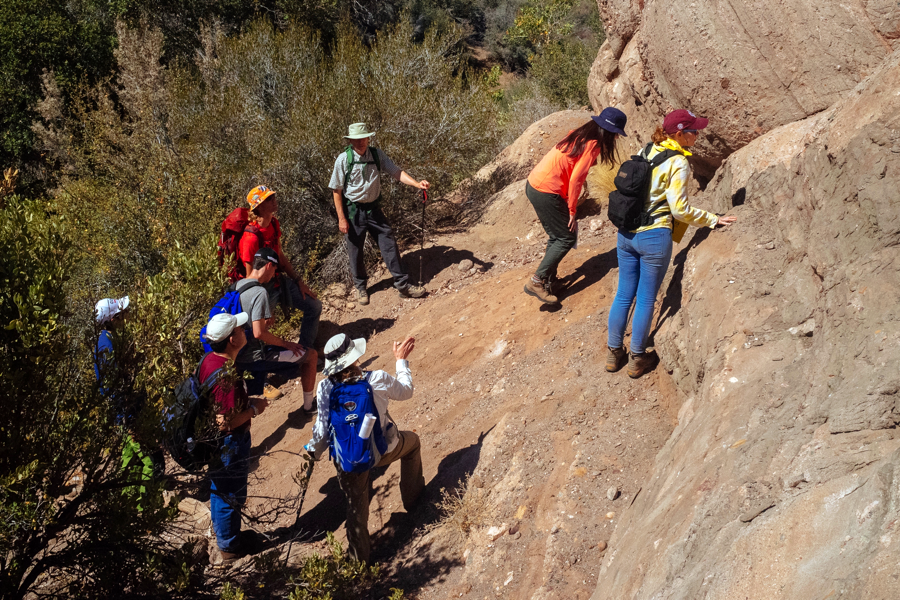All Categories
Featured
Table of Contents
Geophysical Survey Techniques And Methods in Menora Oz 2022
This work is increasingly contracted out, so consultancies provide another source of work. Consultancy firms differ in size, from very small companies to large multinationals. Some consultancies are rather specialised in utilizing particular geophysical techniques or working in particular locations, while others offer a more diverse range of services to their clients.
The extraction of gas from landfill websites is another location of work and this might grow in the future. Exploration companies might carry out work for building firms, water companies, mining business and ecological firms, so geophysicists might be used in any of these settings. Other employers include: geological surveysgovernment bodies and agenciesuniversities and research study institutes.


Jobs might be listed in the oil and gas sector press. Recruitment is impacted by oil rate changes and the level of competition for positions varies depending upon this. Careers Days, which cover the complete series of geoscience professions and are generally participated in by a variety of key market companies, are run by The Geological Society.
Geophysical Surveys in Two Rocks Oz 2021
A few of the large oil and gas companies offer a complete two-year structured training program across the breadth of geophysics, consisting of the opportunity to experience work in numerous groups before specialising in one area. Your training might consist of work on: existing wellsmagnetic and gravitational potential field information analysisresearchrock analysis. It's more usual for your preliminary training to be provided on the job.

There might be a probationary period throughout which you work along with a knowledgeable coworker. Competency-based appraisals take location routinely in the majority of firms. In smaller firms, and for academic posts, there is not likely to be any official training - you'll be expected to start work straightaway and select up skills as you go along.
If you work for a smaller business, you may discover that you require to take duty for setting up and moneying your own development and training. If you have a geology degree, subscription of The Geological Society can be beneficial for networking and for maintaining to date with the industry.
Environmental Geophysicist in East Perth WA 2022
You might also discover it helpful to join the PESGB (The Petroleum Exploration Society of Great Britain, which has a geophysics special interest group. After a probationary duration, and when you have actually gotten some experience, you could progress to senior geophysicist, then team leader and then into a senior function in management.
The ease of movement between roles depends on the company structure. Study at Masters or Ph, D level in a subject associated to geophysics or geosciences may aid with your career advancement and progression. The work market within the oil and gas market is very depending on cost and this might affect your opportunities for career development.
For knowledgeable geophysicists, freelance consultancy uses a good path for career development. As a geophysicist, you're likely to have several jobs throughout your working life.
What Does A Geophysicist Do? in Beeliar Aus 2023
From geophysics, it's possible to concentrate on seismology (completing more training to become a seismic interpreter) or to move into related areas such as engineering geology or threat prediction.
Deciding what to study in college is a difficult choice. Even if you understand that your field of interest lies in science, what program of study is ideal for you?
But the first step to achieving your goal of becoming a geophysicist is earning a degree. Even for entry-level positions in the field of geoscience, you'll need a bachelor's degree (a geophysicist college degree) from a certified college or university. Some research positions need candidates to hold master's degrees or perhaps Ph.
Geophysicist: Job Description, Duties And Requirements in Victoria Park Australia 2023
Doctoral degrees are specifically important if you plan to teach at a four-year organization. Geophysicists apply physics concepts and techniques to study the gravitational, magnetic, and electric fields of the earth. This furthers scientists' understanding of both the world's interior core and its surface area. Geophysicists need to have the ability to: examine rocks, photos, and other pieces of information carry out research both in the field and in labs create maps and charts of their findings write reports To achieve all this, students need a specialized education for geophysicist professions.
As specified above, you'll require a bachelor's degree in geoscience or an associated discipline, such as a physical science or a life sciences, to land an entry-level job. However students can likewise prepare by learning topics like: Biology Chemistry Computer science Engineering Mathematics Physics The above geophysicist majors use a more generalized method to a single clinical discipline, however a lot of programs require students to take several geology course.
Table of Contents
Latest Posts
What Is Geophysics And What Do Geophysicists Do? in Butler Western Australia 2022
Geophysical Survey - Archaeological Research in Lockridge WA 2020
Geophysical Investigations in Kelmscott Western Australia 2023
More
Latest Posts
What Is Geophysics And What Do Geophysicists Do? in Butler Western Australia 2022
Geophysical Survey - Archaeological Research in Lockridge WA 2020
Geophysical Investigations in Kelmscott Western Australia 2023